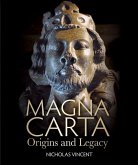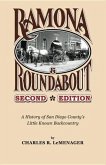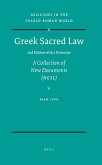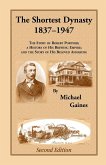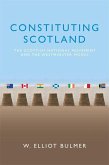The revolutionary origins of England's constitution, and why Magna Carta's influence is more significant today than ever In 1215 dissident barons forced King John of England to concede a settlement which would change the political landscape of Britain and far beyond over the next 800 years. The document, Magna Carta, immediately sparked ideas that would significantly limit the powers of the crown and be felt 400 years later in the English Civil War, in the eighteenth century in America's struggle for independence, and in today's liberal nations. As the maintenance of civil liberties and the rule of law demands continuing vigilance, and the democratic accountability of Westminster - and still more Brussels - comes increasingly under question, historian Geoffrey Hindley vividly recalls events leading up to the climactic meeting between the barons and the king, explores the communities that were their setting and shows clearly why Magna Carta, although more than 800 years old, is still of such enormous significance today.
Bitte wählen Sie Ihr Anliegen aus.
Rechnungen
Retourenschein anfordern
Bestellstatus
Storno



